Children of Shanghai cleaners beat UK doctors' kids at maths
Education minister to visit China to find out why their results are so high in global maths tests
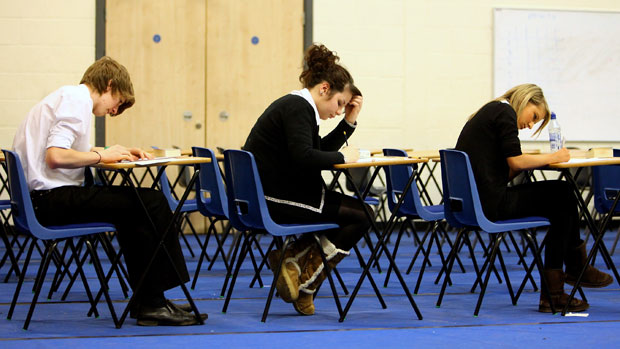
A free daily email with the biggest news stories of the day – and the best features from TheWeek.com
You are now subscribed
Your newsletter sign-up was successful
CHILDREN of cleaners in Shanghai and Singapore have outperformed the children of UK doctors and lawyers in global maths tests, according to new analysis.
More than half a million 15-year-olds took part in the 2012 Programme for International Student Assessment (Pisa) study, with the findings published by the Organisation for Economic Co-operation and Development (OECD) in December.
Overall, the UK came 26th in maths with an average score of 494, with pupils lagging behind their contemporaries in places such as Shanghai, Singapore, Hong Kong, South Korea and Japan.
The Week
Escape your echo chamber. Get the facts behind the news, plus analysis from multiple perspectives.

Sign up for The Week's Free Newsletters
From our morning news briefing to a weekly Good News Newsletter, get the best of The Week delivered directly to your inbox.
From our morning news briefing to a weekly Good News Newsletter, get the best of The Week delivered directly to your inbox.
New analysis, published yesterday, showed that the children of UK parents with "professional" jobs, such as doctors or lawyers, scored fewer points on average than the sons and daughters of parents with "elementary" occupations, such as cleaners and catering assistants, in Singapore and Shanghai.
Education minister Elizabeth Truss has warned that the UK's productivity and growth is being put under threat by poor maths skills and is heading to Shanghai next week to find out why the city is so good at the subject.
"The reality is that unless we change our philosophy, and get better at maths, we will suffer economic decline," she said. "At the moment, our performance in maths is weakening our skills base and threatening our productivity and growth. I am determined to change this."
Truss added that the government's new curriculum has borrowed from schools in Shanghai (the only Chinese city to take part in the Pisa study). It includes early learning of key arithmetic, and a focus on times tables and long division.
A free daily email with the biggest news stories of the day – and the best features from TheWeek.com
The Department for Education says it is prioritising maths because of the subject's importance to young people competing for jobs, as well as its importance to the economy, explains The Independent.
A number of reforms are already being introduced, such as banning calculators from tests for 11-year-olds, requiring teenagers who fail to reach a grade C in GCSE maths to continue studying the subject, new maths qualifications for post-16 students and bursaries to attract top maths graduates into teaching.
-
 What to know before filing your own taxes for the first time
What to know before filing your own taxes for the first timethe explainer Tackle this financial milestone with confidence
-
 The biggest box office flops of the 21st century
The biggest box office flops of the 21st centuryin depth Unnecessary remakes and turgid, expensive CGI-fests highlight this list of these most notorious box-office losers
-
 What are the best investments for beginners?
What are the best investments for beginners?The Explainer Stocks and ETFs and bonds, oh my
-
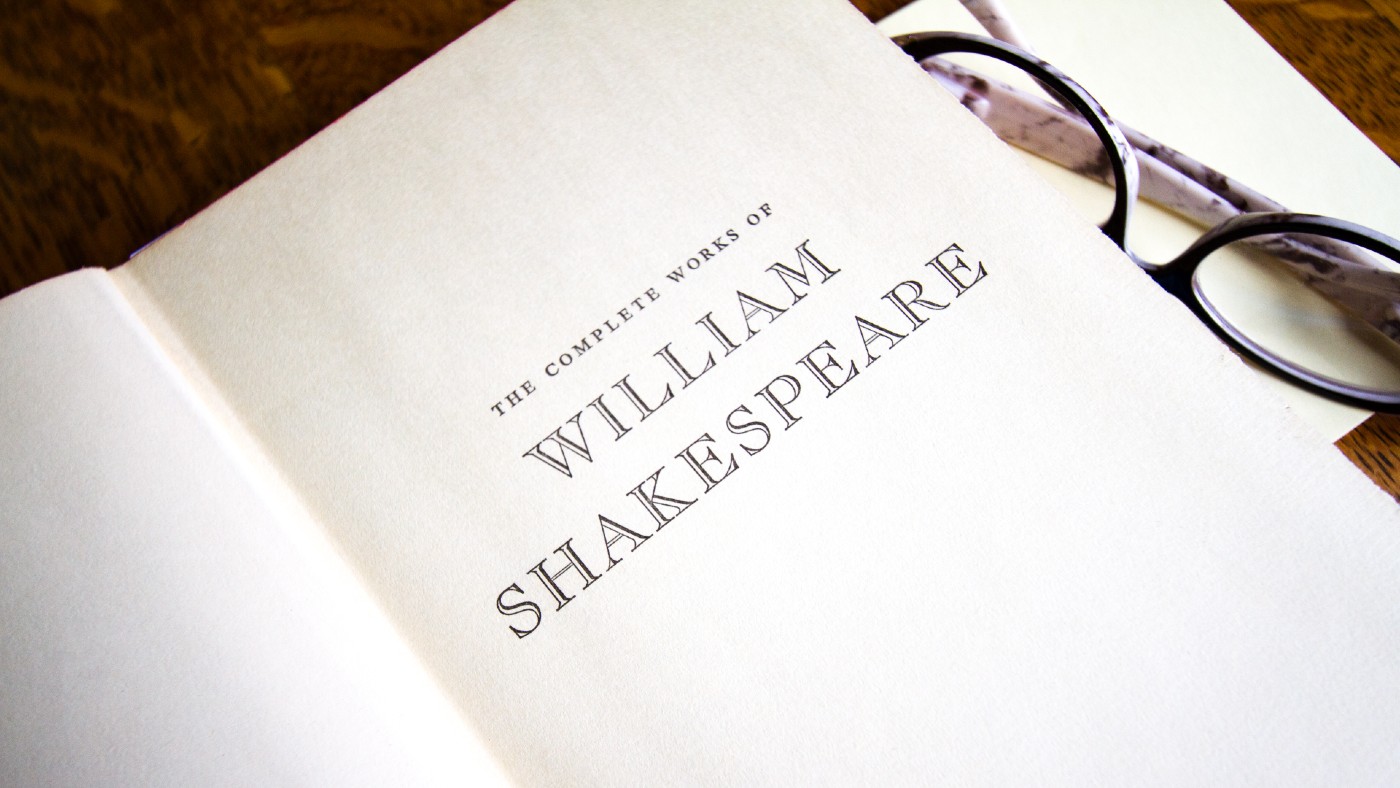 English literature: is it doomed?
English literature: is it doomed?Speed Read Arts and humanities courses are under attack thanks to a shift to ‘skills-led’ learning
-
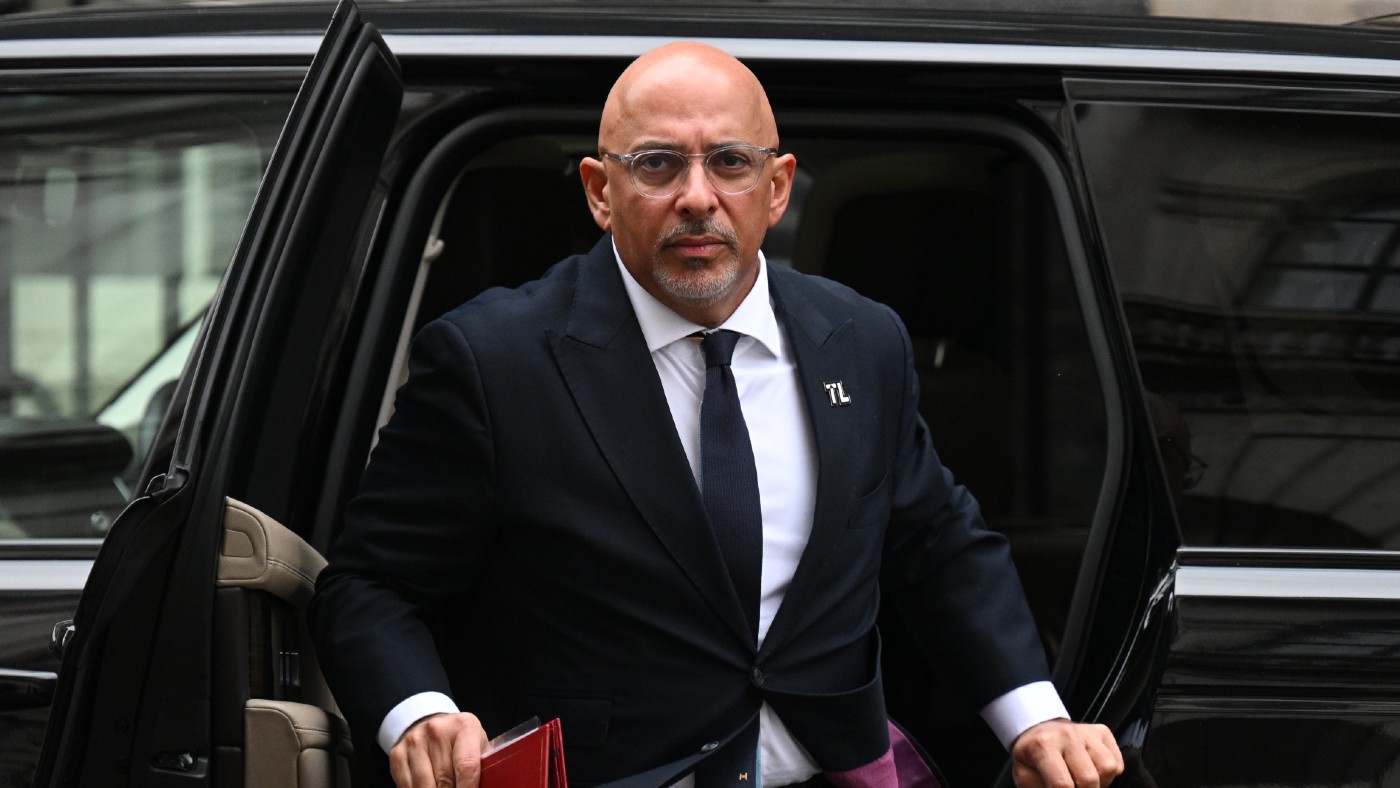 Are UK classrooms a new political battleground?
Are UK classrooms a new political battleground?Speed Read Government has issued new guidance on political neutrality in schools
-
 Kathleen Stock resigns: the ‘hounding’ of an academic on the front line of transgender rights debate
Kathleen Stock resigns: the ‘hounding’ of an academic on the front line of transgender rights debateSpeed Read Sussex University students claim ‘trans and non-binary students are safer and happier for it’
-
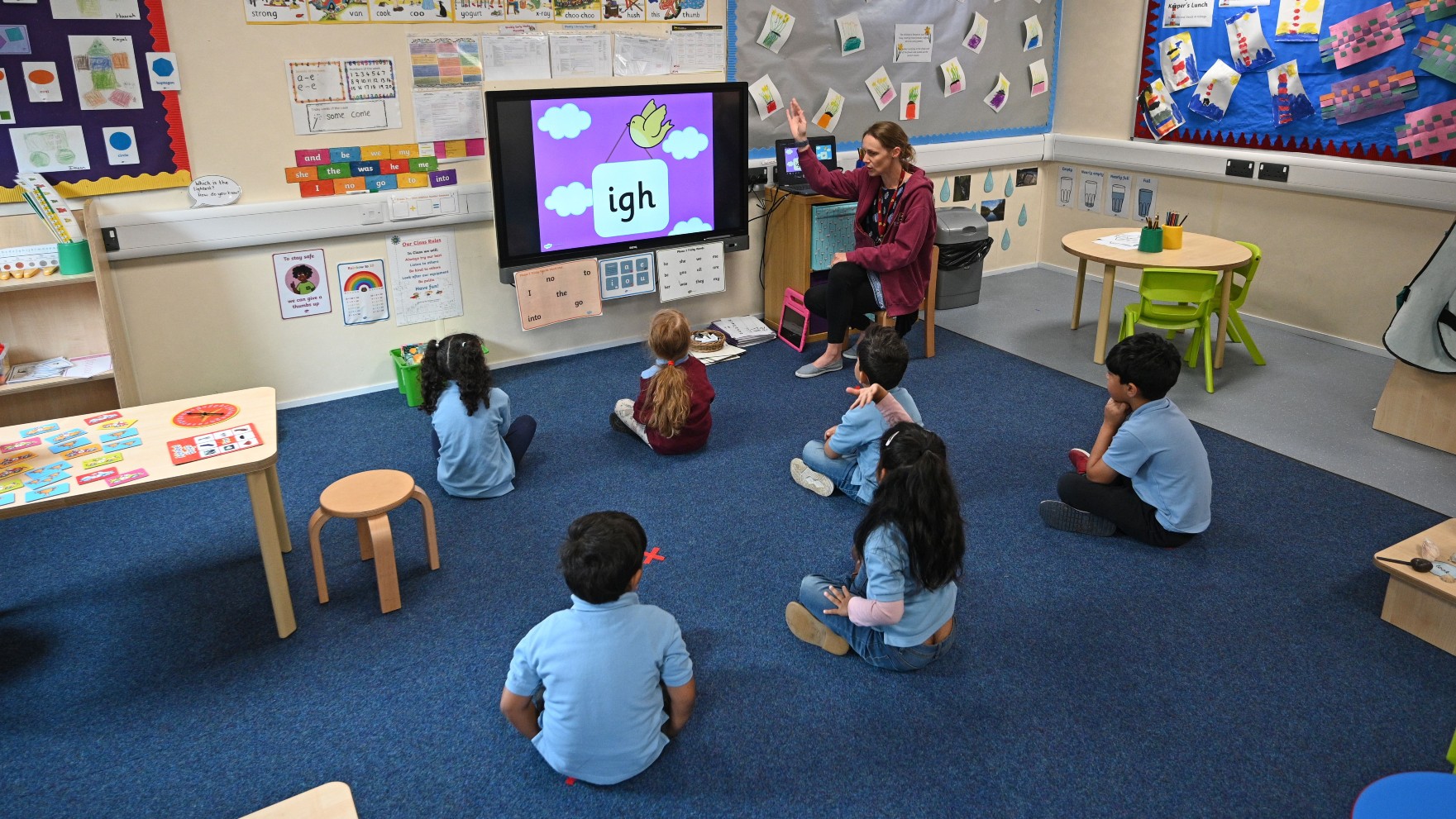 How 100,000 ‘lost children’ disappeared from UK school system
How 100,000 ‘lost children’ disappeared from UK school systemSpeed Read Experts warn that vulnerable pupils may be recruited by gangs after failing to return to education post-lockdown
-
 Why is the government planning to cut arts education funding by 50%?
Why is the government planning to cut arts education funding by 50%?Speed Read Proposal described by critics as ‘catastrophic’ and ‘an attack on the future of UK arts’
-
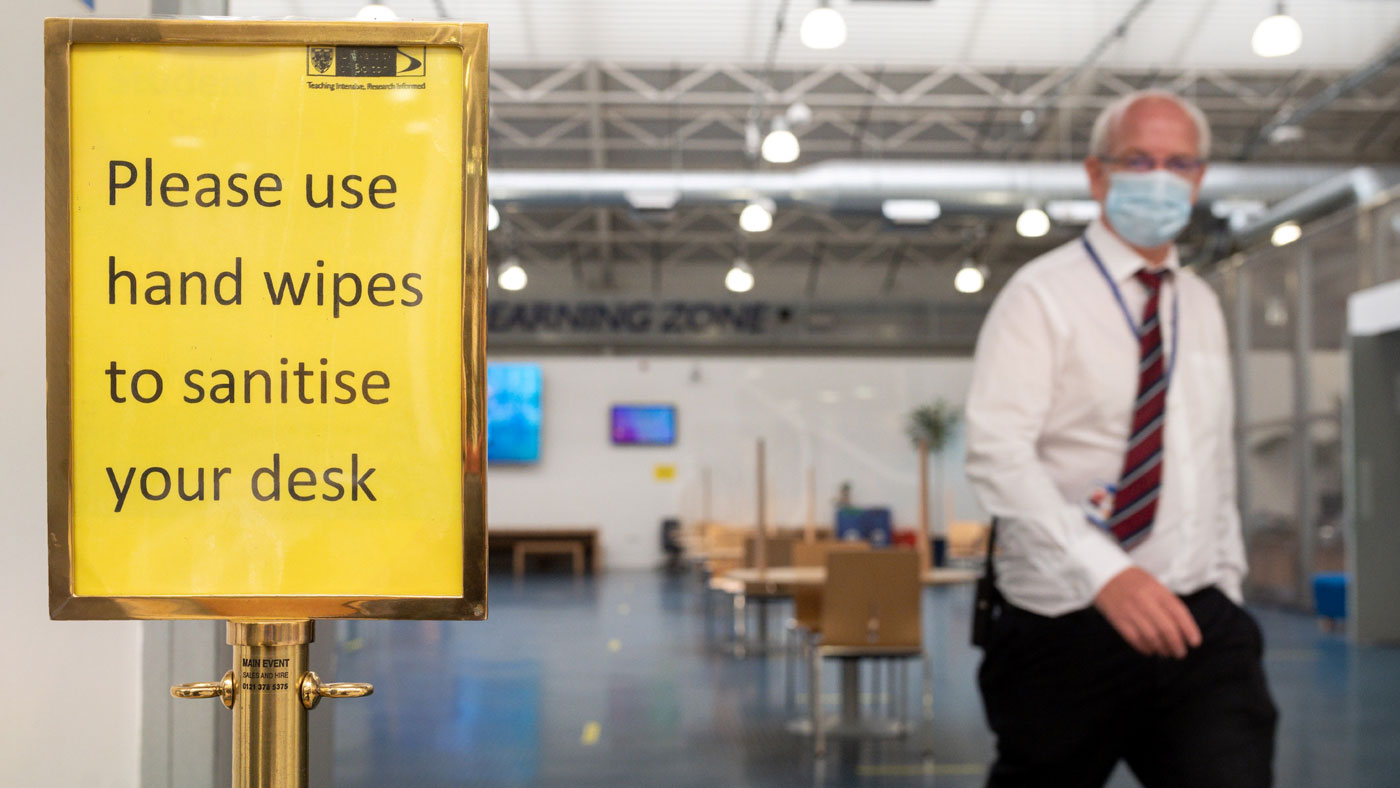 Schools do not spread Covid-19, multiple studies find
Schools do not spread Covid-19, multiple studies findSpeed Read Reports from Germany, Norway and the WHO conclude schoolchildren are not vector of infection
-
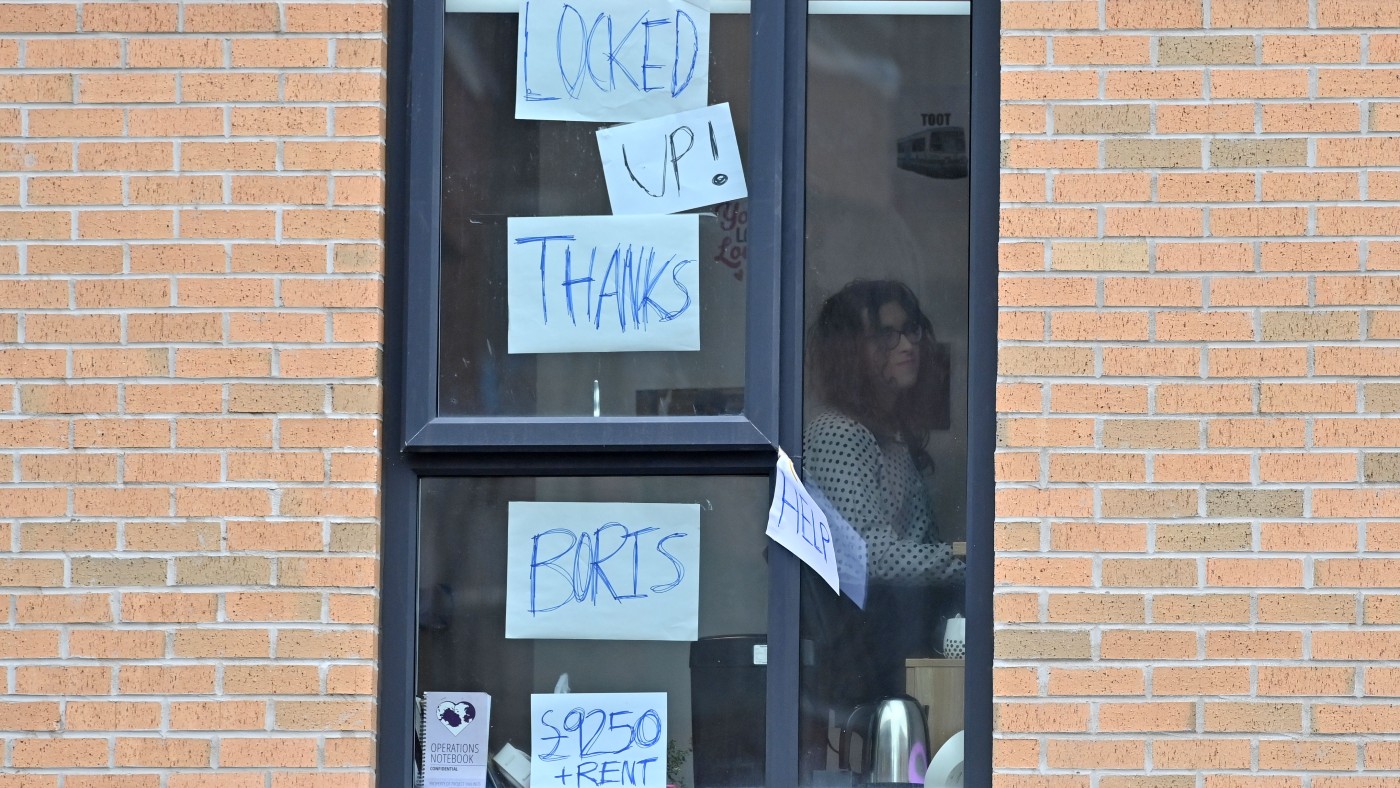 Universities must consider refunding students hit by Covid disruption, regulator warns
Universities must consider refunding students hit by Covid disruption, regulator warnsSpeed Read Institutions under investigation as thousands of undergraduates remain locked down amid coronavirus outbreaks
-
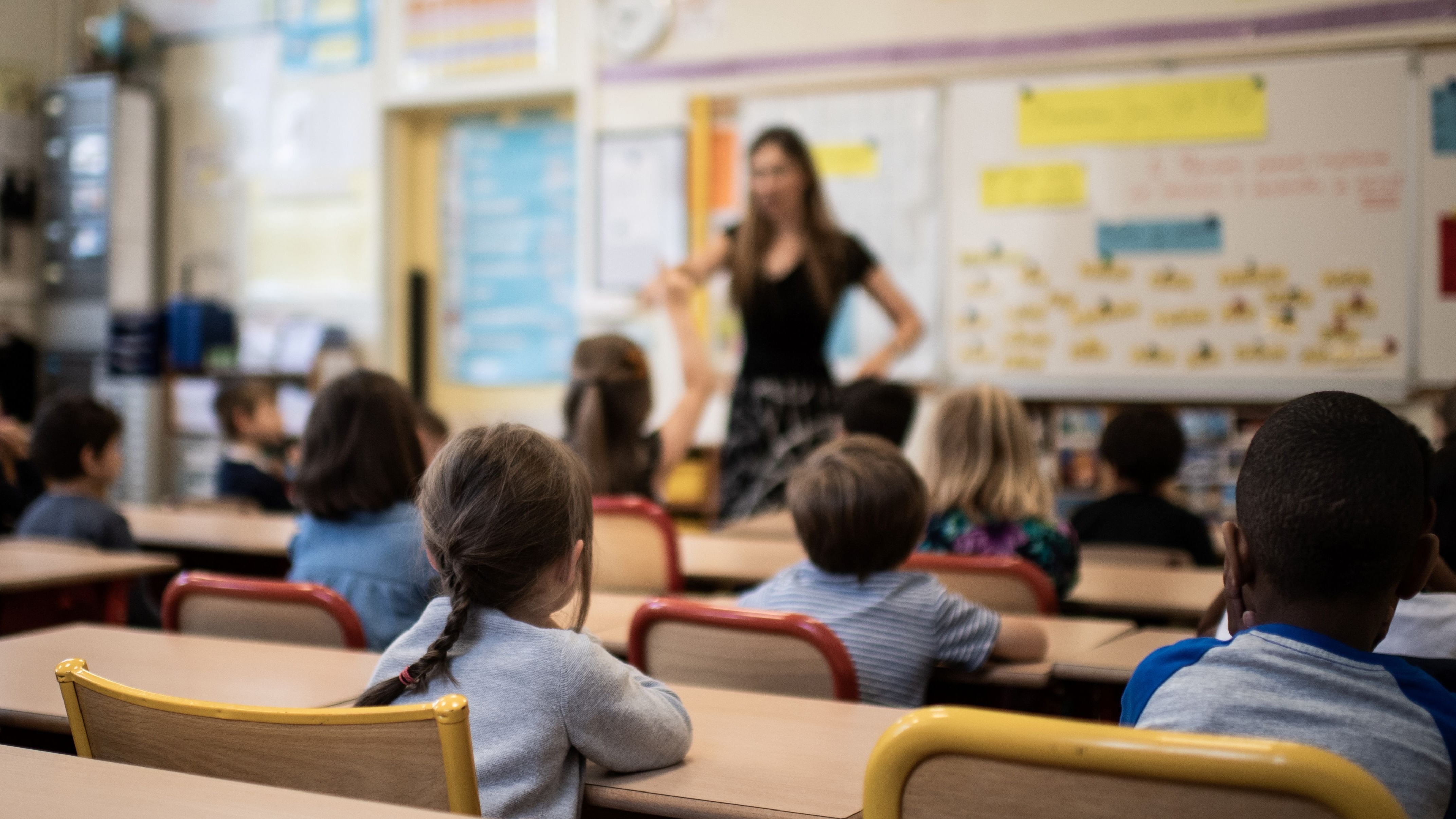 Coronavirus: will UK schools have to close again?
Coronavirus: will UK schools have to close again?Speed Read Thousands of teachers are self-isolating - but the government is determined not to order new closures